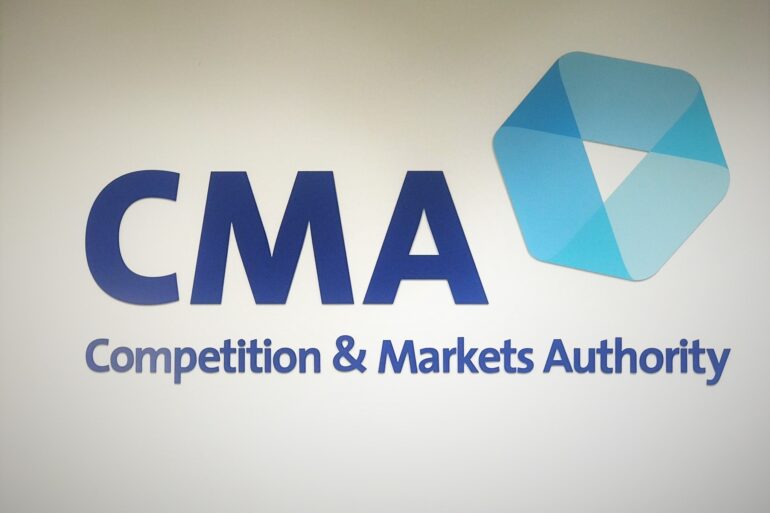- The UK Competition and Markets Authority (CMA) is reviewing the Google-Anthropic partnership for potential antitrust issues.
- Anthropic, a competitor to OpenAI, has raised over $7 billion and recently launched the Claude 3.5 Sonnet model, outperforming GPT-4o in several tasks.
- Google invested $300 million for a 10% stake in Anthropic, followed by a $450 million investment round and a recent commitment of up to $2 billion.
- The CMA is soliciting feedback from stakeholders by August 13 to assess if the partnership impacts UK market competition.
- The review may lead to a Phase 1 investigation, which could escalate to a Phase 2 probe with potential regulatory actions.
- Anthropic’s latest model was reviewed by the UK’s Artificial Intelligence Safety Institute, highlighting its advanced capabilities.
- Anthropic has also received $4 billion in investment from Amazon.com Inc., which prompted additional CMA scrutiny.
- The CMA’s review follows similar inquiries into Microsoft’s investment in OpenAI and potential EU antitrust actions.
Main AI News:
The Competition and Markets Authority (CMA) of the United Kingdom has initiated a review into the partnership between Google LLC and Anthropic PBC, marking a preliminary step towards a potential antitrust investigation.
San Francisco-based Anthropic, a notable competitor to OpenAI, has garnered over $7 billion in funding and is renowned for its Claude series of large language models. The latest model, Claude 3.5 Sonnet, reportedly surpasses OpenAI’s GPT-4o in several benchmarks. Google’s involvement with Anthropic began in February with a $300 million investment for a 10% stake, followed by a $450 million investment round and a recent commitment to invest up to $2 billion.
The CMA has solicited feedback from stakeholders to assess whether the partnership might impact market competition within the UK. Submissions are due by August 13. The regulator will evaluate if the partnership qualifies as a “relevant merger situation,” indicating a significant change in market dynamics due to the collaboration.
The inquiry could lead to a Phase 1 antitrust investigation, which may either conclude with a decision favorable to the companies involved or escalate to a more detailed Phase 2 investigation. The latter could result in regulatory actions to amend any anticompetitive practices identified.
This review coincides with the launch of Anthropic’s Claude 3.5 Sonnet, which outperformed GPT-4o in multiple tasks and reportedly delivers responses twice as fast as its predecessor. The model was reviewed by the UK’s Artificial Intelligence Safety Institute, a new body examining the risks of emerging AI technologies.
Anthropic has assured its commitment to transparency with the CMA, emphasizing that its strategic partnerships, including with Google, do not compromise its operational independence. Google has similarly stated that Anthropic is free to utilize various cloud providers and has not demanded exclusivity.
Additionally, Anthropic has secured $4 billion in investment from Amazon.com Inc., a rival of Google, with an agreement to use Amazon Web Services for model training. This investment also drew the CMA’s attention, prompting a separate feedback request earlier this year.
The CMA’s review follows its previous request for feedback on Microsoft Corp.’s investment in OpenAI and signals ongoing scrutiny of major tech investments and partnerships. The European Commission is also considering an antitrust probe into the Microsoft-OpenAI collaboration, questioning potential exclusivity clauses in their agreement.
Conclusion:
The CMA’s examination of the Google-Anthropic partnership reflects heightened regulatory scrutiny in the rapidly evolving AI sector. This review may impact how major tech investments and partnerships are structured, potentially leading to more stringent antitrust measures. As AI technologies advance and competition intensifies, regulatory bodies are increasingly focused on ensuring fair market practices and preventing monopolistic tendencies. This increased oversight could influence future investments and strategic alliances in the technology industry, shaping competitive dynamics and innovation trajectories.

